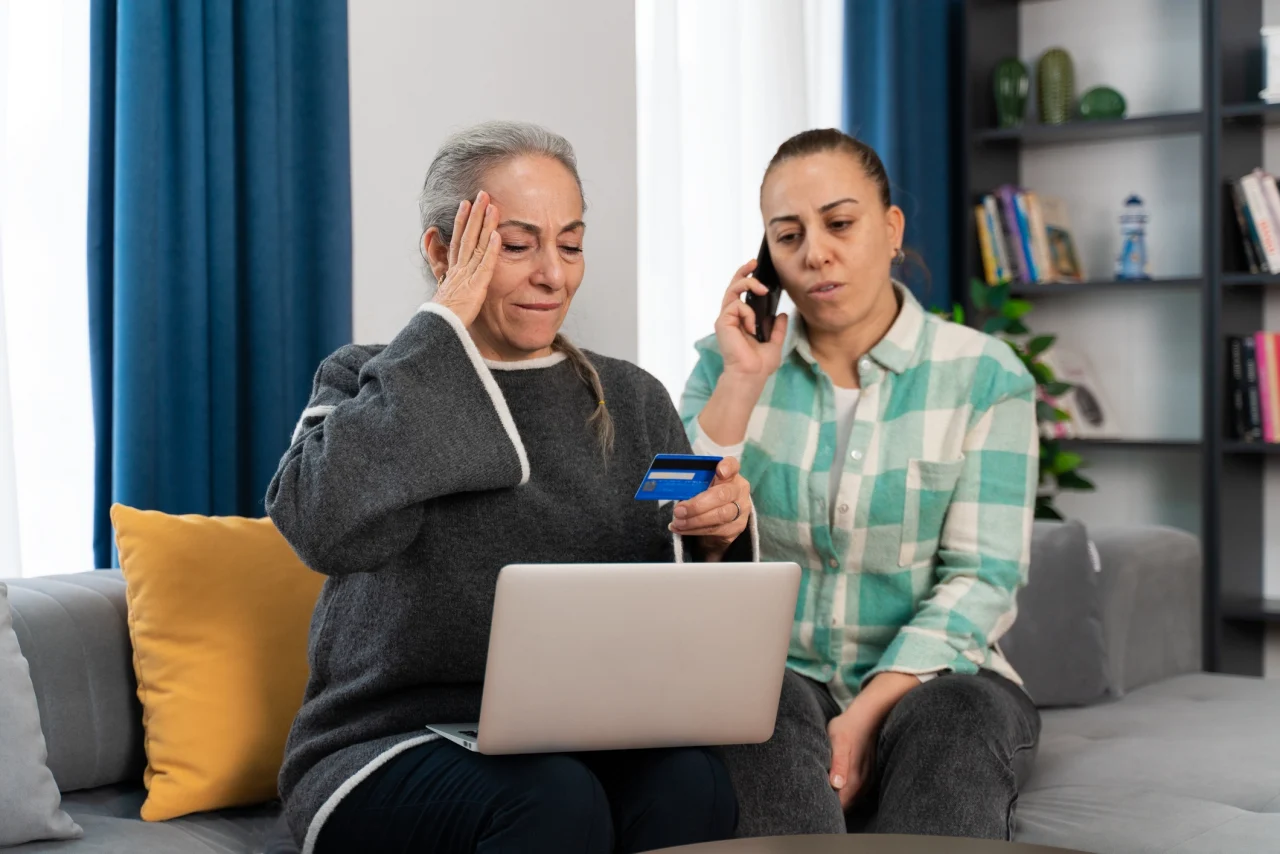Airbnb is a hugely popular accommodation provider. With the option to rent apartments, houses and rooms on a short-term basis, travelers have a useful (and occasionally cheaper) alternative to traditional hotels. But because of its popularity, Airbnb is also a target for cybercriminals. Here are nine scams you must look out for when booking via Airbnb – and how to protect yourself.
1. The Fake Listing Scam
This scam is as simple as it sounds. Scammers list a rental property that simply does not exist. The Airbnb listing looks legitimate, but when travelers arrive at their destination, there’s no accommodation waiting for them.
How to protect yourself
Use Google Streetview or Apple Maps to confirm the property exists before making a reservation.
2. The Bank Transfer Payment Scam
Airbnb uses a payment mechanism that protects customers and accommodation providers. If a host suggests using a different payment method, such as bank transfers, to help them avoid fees, you could be dealing with a scammer.
How to protect yourself
Never, ever make payments using a third-party service. You should also make sure that all communications take place through Airbnb – if something goes wrong, they have evidence of what was said.
3. The ‘Too Good To Be True’ Scam
If you see an Airbnb listing that is considerably cheaper than other similar properties in the same area, you could be looking at a scam. If the price is ‘too good to be true’, it probably is.
How to protect yourself
Check the prices of similar properties before making a reservation. If you can’t resist the deal, contact the host through Airbnb and ask them to provide a video walkthrough of the property first.
4. The Perfect Images Scam
Just like real estate agents, hosts want their properties to look perfect. But scammers go further still, using images of completely different apartments – and you won’t know until you arrive. Which means you may not get what you thought you were paying for.
How to protect yourself
Use a tool like Google Lens or TinEye to conduct a reverse image search. This will help you identify photos that have been reused from other properties, indicating a scammer at work.
5. The Illegal Listing Scam
The popularity of Airbnb means that local people have trouble finding accommodation for themselves. As a result, some cities, like New York, Las Vegas and Barcelona have banned short term lets.
How to protect yourself
There’s no quick solution for this scam other than checking the rules regarding short term lets in your intended destination. If you spot an Airbnb listing in a ‘banned’ location, you could be looking at a scam.
6. The Fake Review Scam
Customer reviews are an essential tool for helping us make online buying decisions. Scammers know this, so they may submit fake reviews of their property to trick unsuspecting travelers into making a booking.
How to protect yourself
Think carefully – is every review really going to provide top marks? Take a look at the 2 and 3 star reviews to see what those guests had to say about the property – this feedback is far less likely to have been faked.
7. The ‘Bait and Switch’ Scam
You’ve found the perfect rental property, in the right location at the right price – everything is set for the perfect holiday. Then the host contacts you at the very last moment to advise of a terrible problem with the plumbing which means your property is no longer habitable. The only alternative they have is a much lower-quality property. But because this is a scam, the original property never existed in the first place.
How to protect yourself
Again, you’ll need to do some research – reverse image searches, Google Streetview and checking reviews will reduce the risk of falling victim to a bait-and-switch.
8. The Multiple Listing Scam
Under this scam, a host lists their property multiple times on Airbnb at different prices. This will often lead to double-bookings – and the person paying the most will get the rental.
How to protect yourself
As you search Airbnb, pay close attention to listing details. If you spot properties that look the same (or very similar), you may be looking at a duplicate listing.
9. The False Charges Scam
Your holiday has been brilliant and the rental property was everything you hoped for. But when you get home, you realize the host has charged your account for damages that never happened.
How to protect yourself
It’s a good idea to take photos of the rental as soon as you arrive, particularly anything that is broken or damaged. You can then use these pictures as evidence if you need to challenge a fraudulent charge later.
Stay aware
Like most scams, your best defense is your own common sense. Pay attention to the listing and reviews and do some research before making a booking – and you will be well prepared to avoid falling victim to a fraudster.
Continue reading: Toll road scams are on the rise
